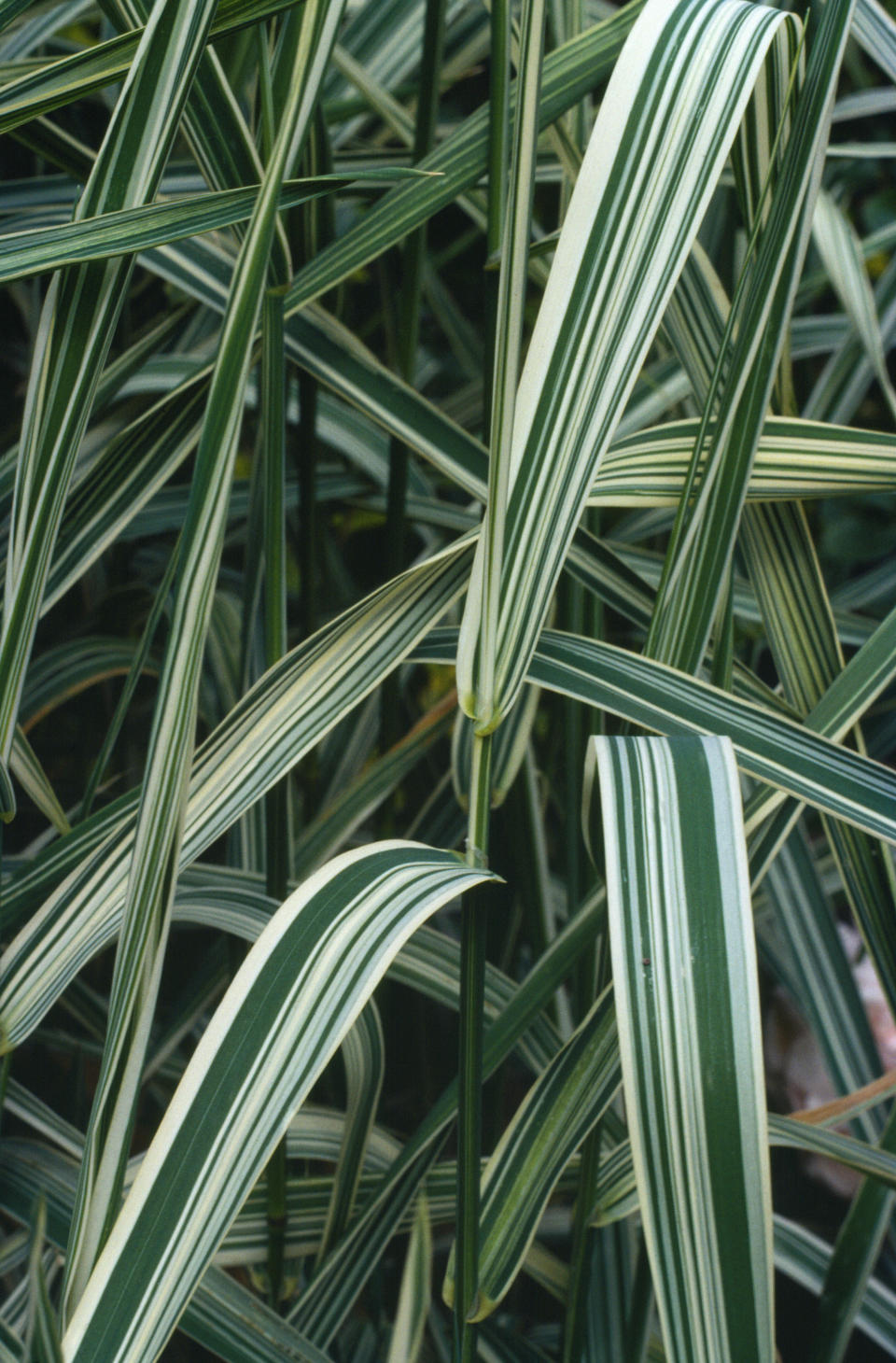Disturbing footage shows 'drunk' kangaroo in field
A growing number of kangaroos are getting “drunk” off a common pasture crop, leaving wildlife rescuers with no other choice but to euthanise them.
Animals are becoming sick after eating the phalaris grass, also known as canary grass, which has an intoxicating effect.
“The alkaloids in the grass affects the brain and causes strange behaviour,” Michelle Mead, from Central Victoria’s Wildlife Rescue and Information Network, told Yahoo7.
“They look like they are drunk, they stagger around and fall over and shake their heads.”
Video taken at Longlea in Bendigo this week shows a kangaroo stumbling as a result of intoxication from the phalaris grass.
Ms Mead said there has been as many as 10 calls a week reporting kangaroos suspected to be suffering from the condition known as phalaris staggers, but did not know if the problem was getting worse or whether people were becoming more aware of the sickness.
She claimed the condition could affect wildlife across the country, wherever canary grass was planted, and said clusters of intoxicated kangaroos had been found around Bendigo and there were similar cases in South Australia.

Ms Mead said once kangaroos showed signs of phalaris staggers, the condition was often too advanced and their nervous systems were eventually attacked.
“They eventually get to a point where they need to be euthanised,” she said.
“If they are exposed to a small amount they may recover, but by time we know about it, it’s too late.
“It’s quite horrible seeing a kangaroo thats affected and it’s hard for our rescuers.”
NSW South East Local Land Services says it takes a minimum of 10 days grazing on the crop before signs of the illness start to occur.
“Most cases occur after one to two months of grazing,” the website says.
“Deaths are reported to continue for one week after removal from the pasture.”
Local Land Services says pastures should be sprayed with cobalt sulfate in the autumn to prevent the risk of phalaris staggers.

The illness can also affect livestock like cattle and sheep.
Local Land Services says tongue and swallowing paralysis is a common symptom in cattle, leading to “manic” attempts to eat with frenzied tongue stabbing at the grass.
Ms Mead said cobalt sulfate supplements could immunise livestock against the condition, it was too hard to protect animals in the wild, like kangaroos.
Ms Mead said Central Victoria’s Wildlife Rescue and Information Network wanted to work with landowners and government bodies to eradicate the crops.
“Crops can be removed and grass dug out and replaced. It’s a big job but if we could target these prime areas that would be fantastic,” she said.
Ms Mead said Victorians who noticed kangaroos suffering from phalaris staggers should contact Central Victoria’s Wildlife Rescue and Information Network by calling 0419 356 433.

